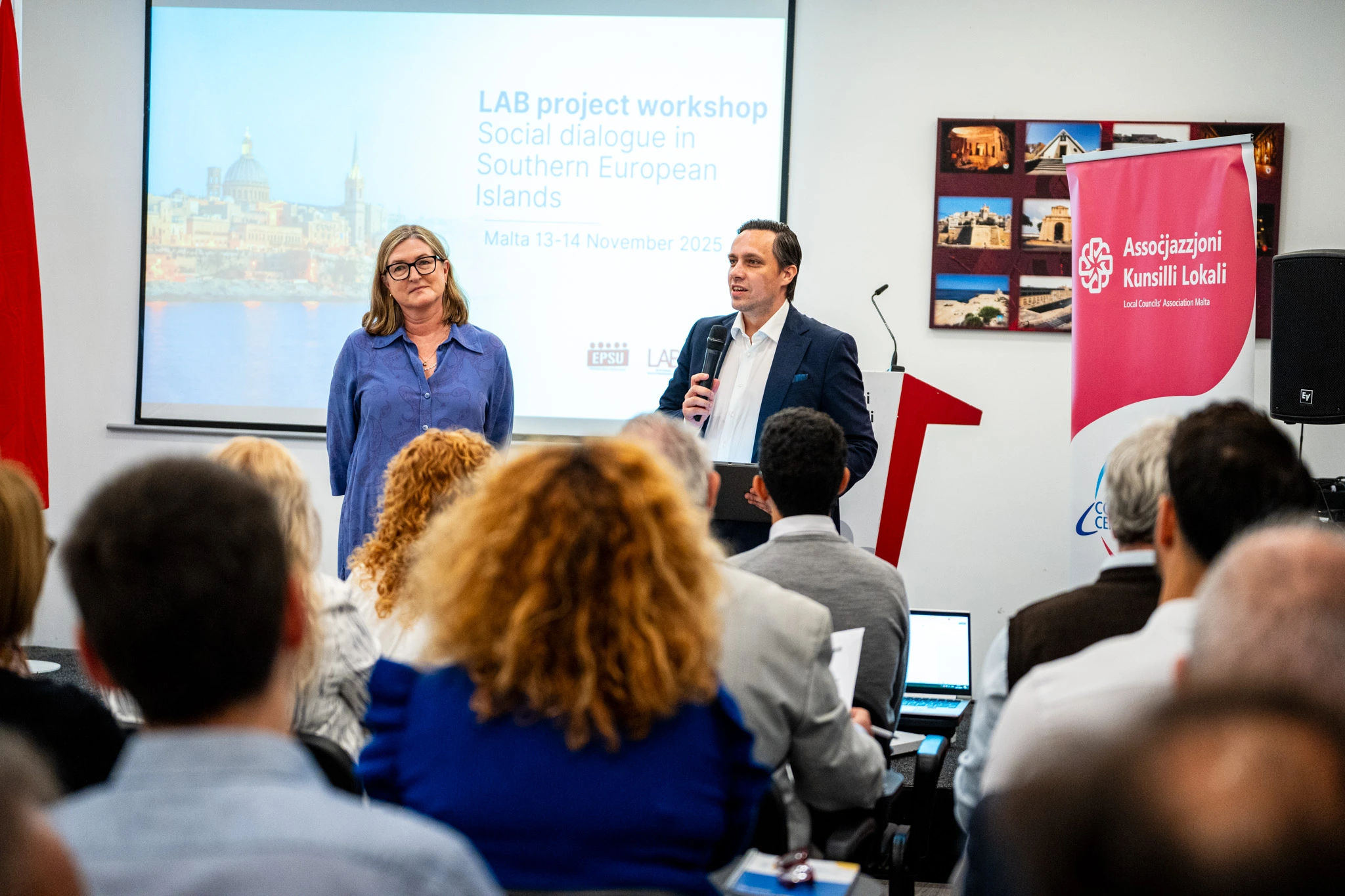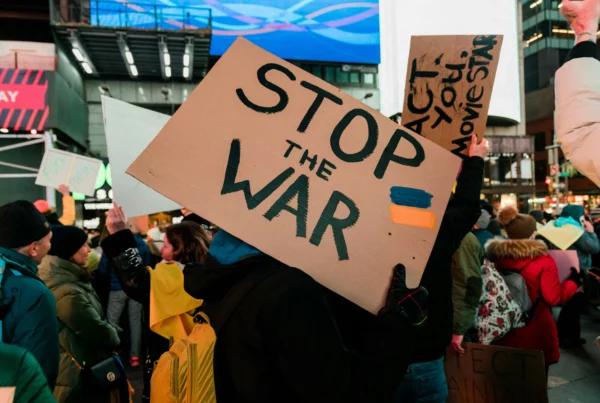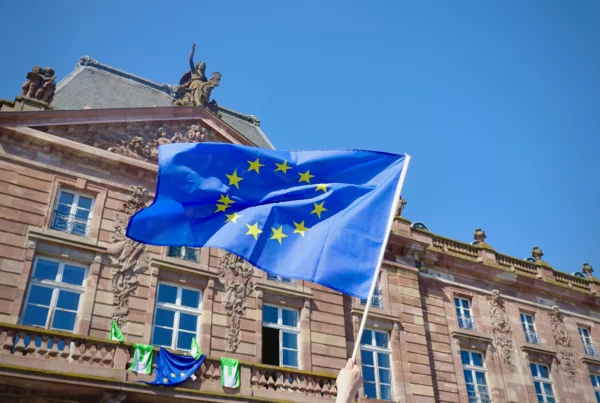CEMR-EPSU Workshop on social dialogue in Southern European Islands
CEMR and EPSU hosted a workshop in Malta focusing on social dialogue in Southern European islands. The event brought together participants from Malta, Cyprus and Greece to discuss current challenges and opportunities for national and EU level social dialogue.
Social dialogue means all types of negotiation, consultation or exchange of information between, or among, representatives of governments, employers and workers, on issues of common interest relating to economic, employment and social policy.
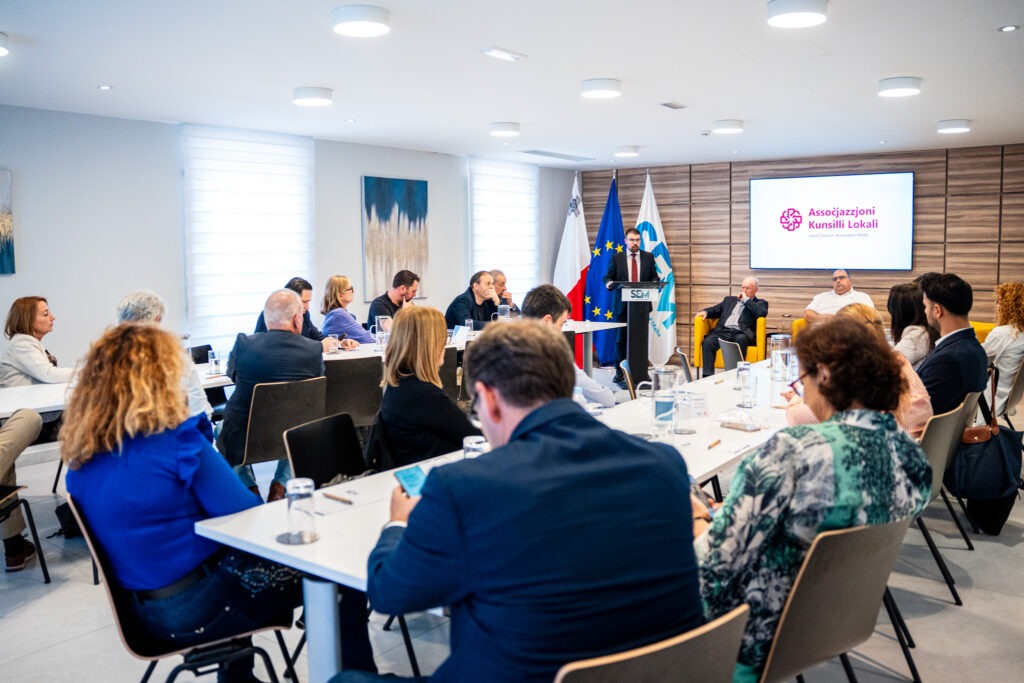
The workshop included interventions by the Head of the European Commission’s Representation in Malta, Maria-Elena Despot and the Director General of the Department for Industrial and Employment Relations in Malta, Diane Vella Muscat. It also featured a meeting with the Maltese government’s representative to the Malta Council for Economic and Social Development, Rodrick Zerafa.
The workshop featured examples of best practices for social dialogue by speakers from Germany, Estonia and Sweden. These included German practices to ensure staff retention and upskilling in collective bargaining agreements to address the need for new skills arising from the green and digital transition.
A representative from the Swedish trade union TCO presented the Swedish labour market model as an example of effective social dialogue leading to industrial peace and a high level of collective agreement coverage.
In their presentation on the digital transition in Estonian local governments, the Association of Estonian Cities and Rural Municipalities highlighted that “the digital transition can become a driver for dialogue, because it affects everyone’s work”.
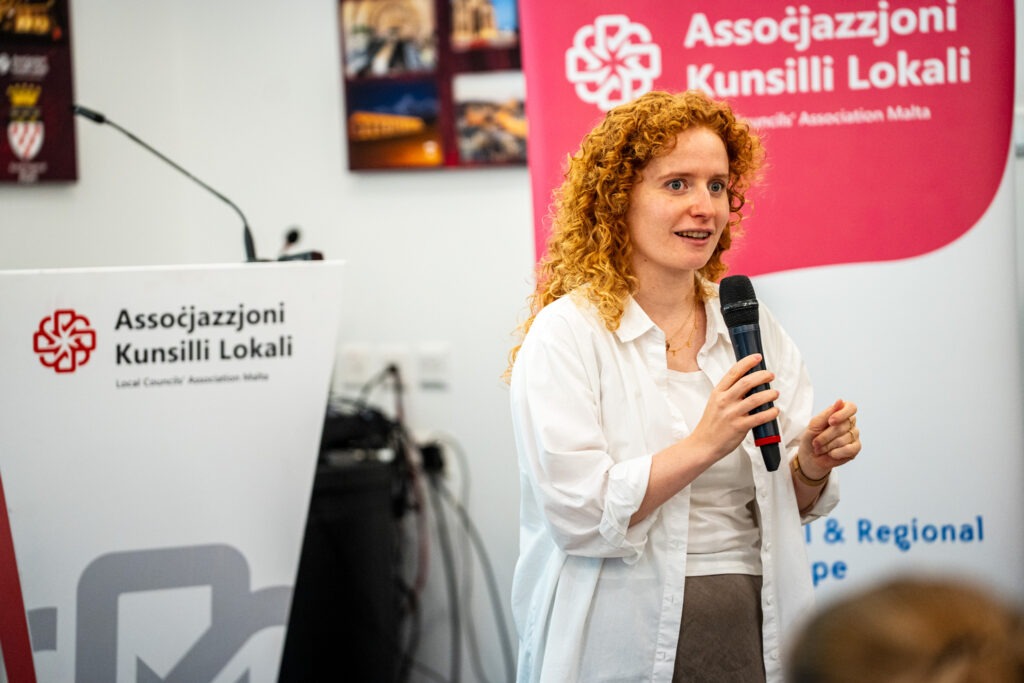
This workshop marks the first of three regional events organised under the LAB project, an EU-funded initiative led by CEMR and EPSU. The project aims to strengthen social dialogue across Eastern and Southeastern Europe, candidate countries and Southern European islands by equipping local and regional social partners with the tools and knowledge to engage constructively at both national and EU levels.
These regions often experience challenges to active participation in national and EU level social dialogue due to limited capacities of the social partners and underdeveloped social dialogue frameworks. Social dialogue is becoming an increasingly important tool to address not only employment and social policy, but also to find inclusive and effective solutions to other challenges, such as the green and digital transitions.
For more information, contact:
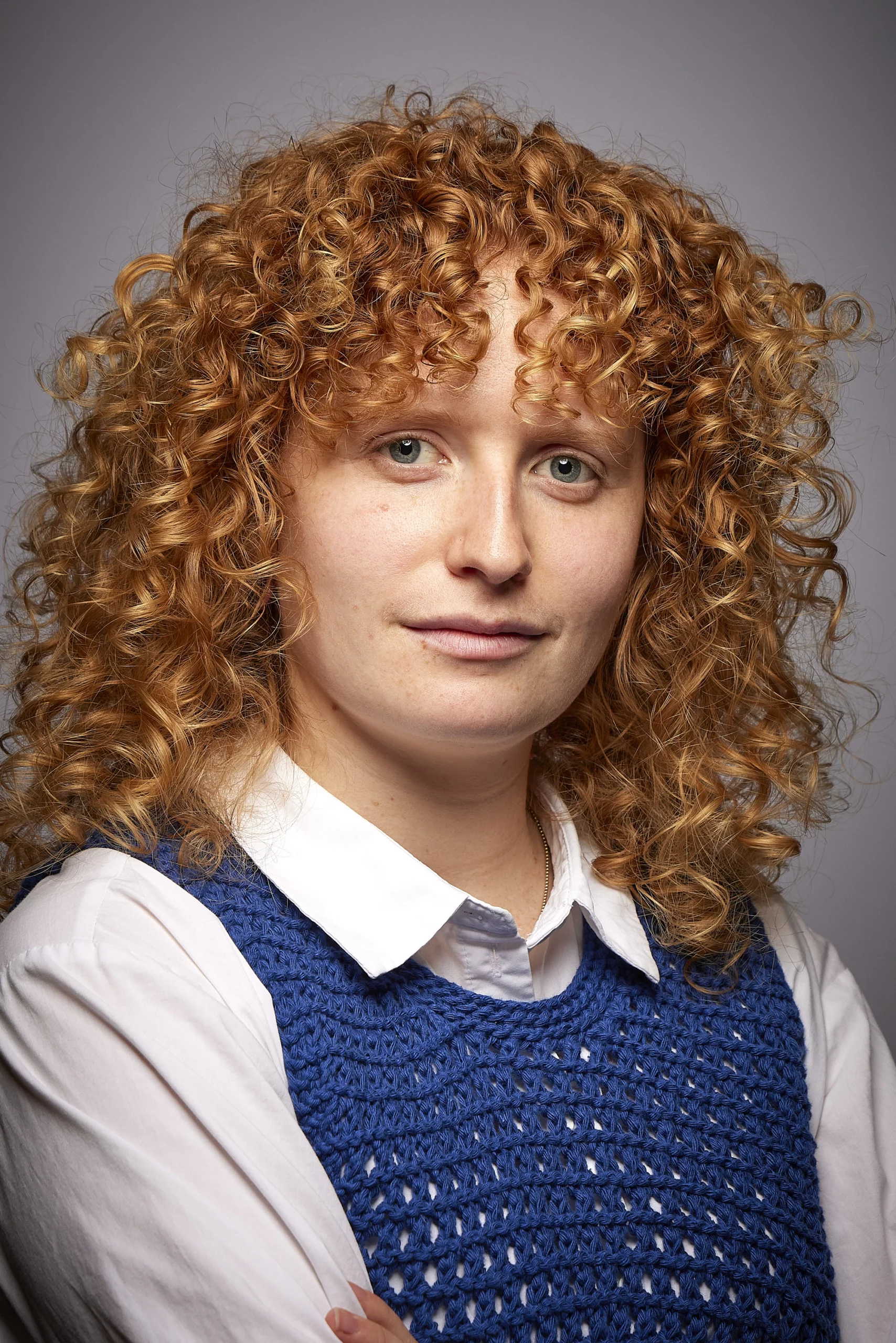
Project Officer – Social Dialogue



